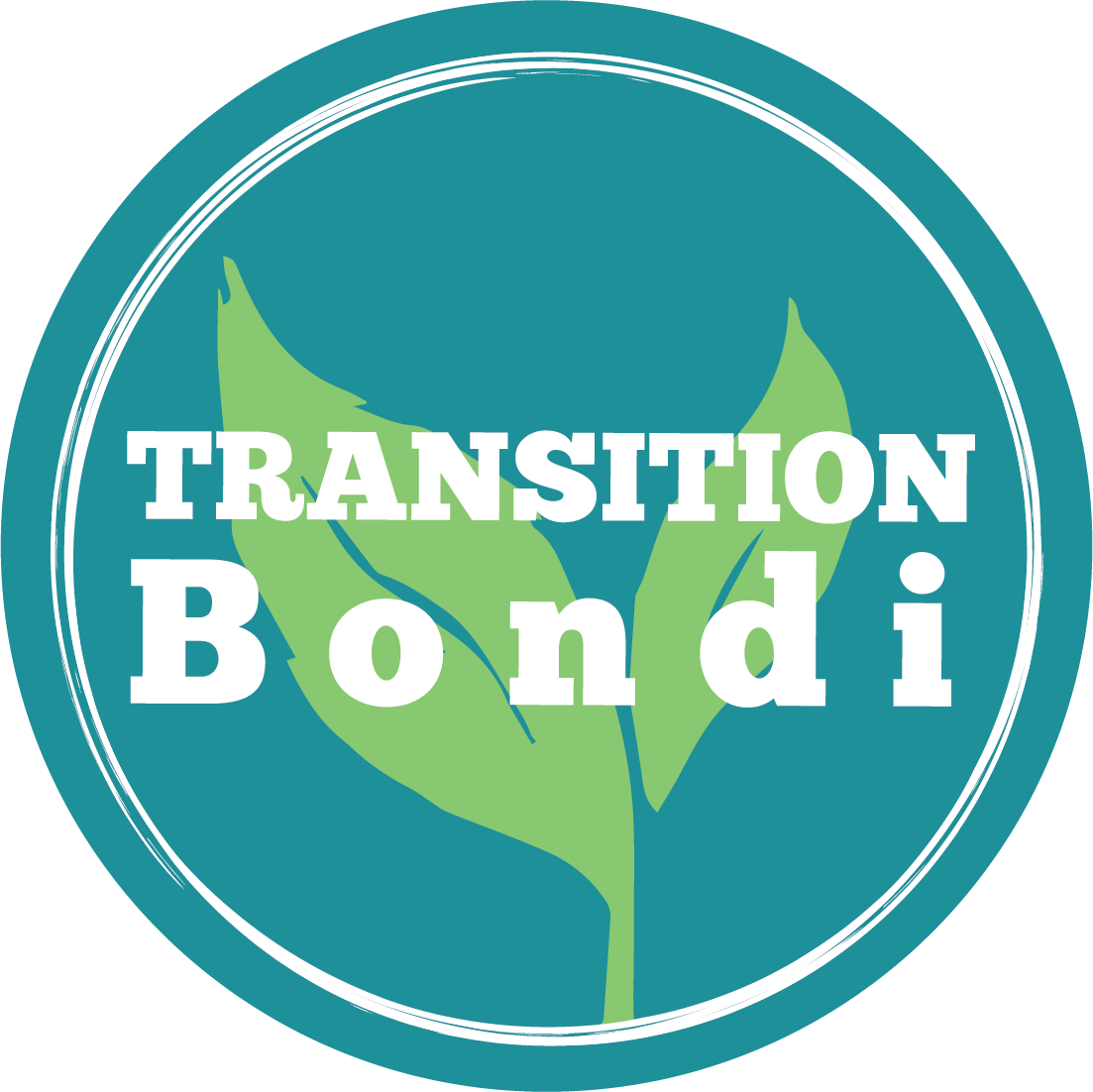Easter and Transition Bondi
Words by Kit
I was once told religions generally contain the following common elements:
- Community (congregation)
- A sense of awe
- Ritual and ceremony
- Ethics and morality
This information has stayed with me, and is a yardstick for me to view aspects of my public and private life against. These elements explain the parts of religion that have been useful for me and those that have not.
The environmental movement has been (pejoratively) called a religion, so I guess it might contain something of these four aspects. Take the Transition movement for examplem, it;
- Builds community through inclusive values and activities
- Cultivates a sense of awe through contact with nature, processes of life and the earth
- Creates ritual and ceremony in our gatherings and meeting structures, our celebrations and our sense of coming of the seasons
- Demonstrates morality, in our care of the earth, care of people and fair share (thanks to Permaculture for this definition of ethics)
But in the Transition movement we don’t have an emphasis on faith or guidance from a god, or a story about the cosmos or the afterlife; the word ‘spirituality’ comes to mind here. Though, like religions, we do have stories and histories, key people and inspiring events.
Maybe we can think of the four common elements as personal and social needs; and once the needs are met, we are more capable of living full and powerful lives (I would also add learning, and peace to this list of needs).
So our Transition Towns are part of a movement supporting healthy individuals and a cohesive society. Our community gardens, market stalls, and repair cafes, for example, are all part of the rich tapestry of human connection in our towns, cities and rural communities.
Kit Shepherd,
Transition Bondi
Easter 2019

